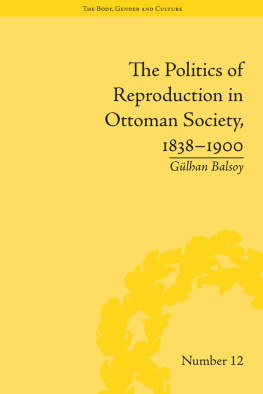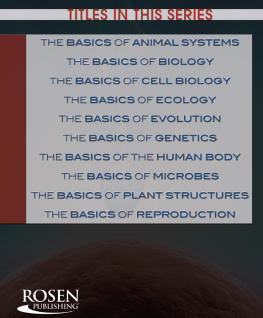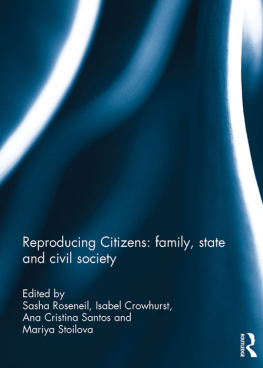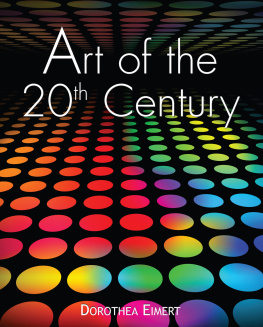Ann-kathrin Gembries (editor) - Children by Choice?: Changing Values, Reproduction, and Family Planning in the 20th Century (Wertewandel Im 20 Jahrhundert, 3)
Here you can read online Ann-kathrin Gembries (editor) - Children by Choice?: Changing Values, Reproduction, and Family Planning in the 20th Century (Wertewandel Im 20 Jahrhundert, 3) full text of the book (entire story) in english for free. Download pdf and epub, get meaning, cover and reviews about this ebook. year: 2018, publisher: De Gruyter Oldenbourg, genre: Politics. Description of the work, (preface) as well as reviews are available. Best literature library LitArk.com created for fans of good reading and offers a wide selection of genres:
Romance novel
Science fiction
Adventure
Detective
Science
History
Home and family
Prose
Art
Politics
Computer
Non-fiction
Religion
Business
Children
Humor
Choose a favorite category and find really read worthwhile books. Enjoy immersion in the world of imagination, feel the emotions of the characters or learn something new for yourself, make an fascinating discovery.

- Book:Children by Choice?: Changing Values, Reproduction, and Family Planning in the 20th Century (Wertewandel Im 20 Jahrhundert, 3)
- Author:
- Publisher:De Gruyter Oldenbourg
- Genre:
- Year:2018
- Rating:3 / 5
- Favourites:Add to favourites
- Your mark:
Children by Choice?: Changing Values, Reproduction, and Family Planning in the 20th Century (Wertewandel Im 20 Jahrhundert, 3): summary, description and annotation
We offer to read an annotation, description, summary or preface (depends on what the author of the book "Children by Choice?: Changing Values, Reproduction, and Family Planning in the 20th Century (Wertewandel Im 20 Jahrhundert, 3)" wrote himself). If you haven't found the necessary information about the book — write in the comments, we will try to find it.
During the 20th century, medico-technical advances such as the invention of the latex condom (1930), the arrival of the contraceptive pill on the free market (1960/61) and the birth of the first child conceived by in vitro fertilization (1978) contributed to the fact that in Europe and the USA, the planning, conceiving and making of children was increasingly perceived as a matter of individual and collective decision-making.
Especially since mid-century, these societies underwent profound political, economic and cultural evolutions. In the realm of human reproduction the relationship between the possible, the desirable, and the permitted had to be continually renegotiated.
This volume examines in nine chapters how thinking, speaking and acting changed with regards to reproduction and family planning throughout the modern and post-modern period. Applying an international comparative perspective, the study specifically focuses on the role of value changes underlying these transformation processes.
Medizinisch-technische Errungenschaften des 20. Jahrhunderts, wie beispielsweise die Erfindung des Latex-Prservativs (1930), die Einfhrung der Anti-Baby-Pille (1961) auf dem freien Markt und die Geburt des ersten durch In-vitro-Fertilisation gezeugten Kindes (1978) fhrten in Europa und den USA dazu, dass das Planen, Zeugen und Machen von Kinder zunehmend Gegenstand individueller und gesellschaftlicher Auseinandersetzungen wurde. Vor dem Hintergrund umfassender politischer, konomischer und kultureller Transformationen musste dabei das Verhltnis zwischen Machbarem, Wnschenswertem und Erlaubtem gesellschaftlich immer wieder neu ausgehandelt werden. Der vorliegende Band untersucht in acht Beitrgen, wie sich im 20. Jahrhundert das Denken, Reden und Handeln im Hinblick auf Kinder und Familienplanung vernderte. In einer international vergleichenden Perspektive wird dabei insbesondere der diesen Entwicklungen zugrunde liegende Wertewandel in den Blick genommen.
Ann-kathrin Gembries (editor): author's other books
Who wrote Children by Choice?: Changing Values, Reproduction, and Family Planning in the 20th Century (Wertewandel Im 20 Jahrhundert, 3)? Find out the surname, the name of the author of the book and a list of all author's works by series.







